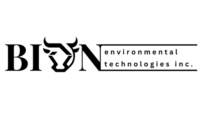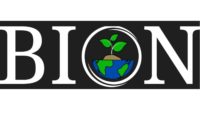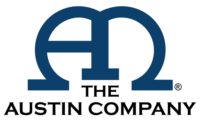Bion Environmental Technologies Inc., an advanced livestock waste treatment technology and premium sustainable beef company, announced that the Ammonia Recovery System (ARS) at its Fair Oaks commercial-scale demonstration facility has achieved and maintained controlled steady-state operations under a variety of conditions. When at steady state, the system produces an ammonium distillate (solution), the base of Bion’s nitrogen fertilizer products.
Bion has begun optimizing the system’s operating parameters so that it will meet or exceed Bion’s economic models for large-scale commercial projects. The company expects the optimization to take at least four to eight weeks, at which point final design for commercial projects can begin.
The patented Ammonia Recovery System is the core of Bion’s Gen3Tech platform. The ARS recovers and upcycles problem ammonia contained in the effluent from anaerobic digestion, where methane is captured (and more ammonia is released) from the manure stream. The ARS captures the ammonia, minimizing its environmental impacts and creating low-carbon and organic nitrogen fertilizer products with it. In the next few weeks, the company intends to produce ammonium distillate at Fair Oaks in several concentrations and apply for organic certification for each.
Bion will also produce a solid/granular nitrogen fertilizer product that is both climate-smart and water-smart — a pure nitrogen fertilizer with a low carbon footprint and is water soluble and readily available to plants. The granular product can be easily and cheaply shipped from locations where it is not wanted, to regions or locations where it is needed. Bion has applied to several state agencies to certify the granular product for use in organic production.
Bill O’Neill, Bion’s CEO, said, “We are very pleased with system performance at Fair Oaks, and to be back in control of our timelines. Over the next few weeks, we will conduct demonstration tours with key stakeholders in the beef industry, potential partners in distribution, banking, and project finance, and others as we establish the strategic relationships needed to develop commercial projects.
While many today are focused on climate impacts, we believe the larger issue with livestock is ammonia and nitrates, which are of increasing concern in the U.S., especially in California and Washington. In the EU, a nitrogen cap has already led to social and political unrest in Ireland and the Netherlands – a cautionary tale for us. We think the value of Bion’s ability to upcycle and redirect that ammonia to where and when it is needed, cannot be overemphasized.”
Source: Bion




Report Abusive Comment